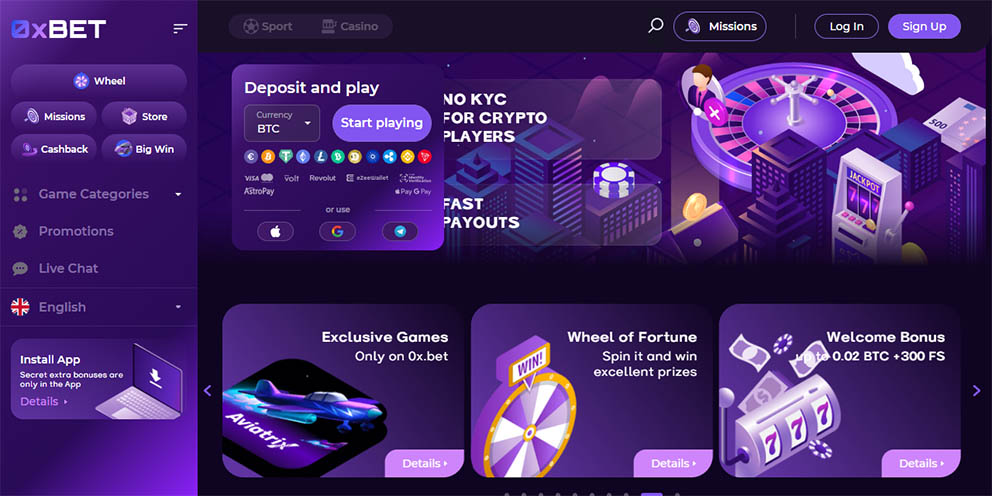The importance of fair play in online gaming
Online gaming has revolutionized the way people engage with video games, turning solitary play into a social, interactive experience. With millions https://vua99bet.net/ of users globally, online gaming continues to grow as a dynamic form of entertainment that blends technology, creativity, and connectivity. The rise of online platforms has made it easier than ever for players to connect, compete, and collaborate in virtual worlds.
What Is Online Gaming?
Online gaming refers to video games played over the internet, allowing players from different locations to interact in real time. Unlike traditional games that often focus on single-player experiences, online gaming emphasizes multiplayer interaction. Whether it’s cooperative missions or competitive matches, online gaming encourages social engagement and teamwork, creating vibrant communities around shared interests.
Popular Online Gaming Genres
The variety of games available online is vast, catering to all kinds of players. Role-playing games immerse players in complex storylines and character development. First-person shooters test reflexes and strategic thinking in fast-paced combat scenarios. Multiplayer online battle arenas require coordination and strategy as players compete in teams. Casual games, on the other hand, offer easy-to-learn gameplay suited for players seeking light entertainment. This diversity ensures online gaming remains accessible and appealing to a broad audience.
The Social Benefits of Online Gaming
One of the key attractions of online gaming is its ability to foster social connections. Players communicate using voice and text chat, collaborate on objectives, and form lasting friendships. Online gaming communities offer a sense of belonging and shared purpose. For many, these interactions go beyond the game, leading to real-world relationships. Especially in times when physical socializing is limited, online games provide valuable avenues for social engagement.
Cognitive and Skill Development Through Gaming
Online gaming is not just fun; it also offers cognitive benefits. Many games require problem-solving, strategic planning, and quick decision-making. Playing such games regularly can enhance critical thinking and mental agility. Additionally, hand-eye coordination and multitasking skills improve as players navigate complex environments and control multiple variables simultaneously. These mental challenges make online gaming a stimulating activity for players of all ages.
Challenges Faced by Online Gaming Communities
Despite its popularity, online gaming has challenges that need addressing. Excessive gaming can lead to addiction, impacting players’ daily lives and responsibilities. Toxic behavior, including harassment and cheating, sometimes disrupts the gaming experience. Privacy concerns also arise as players share personal information. To combat these issues, developers and community leaders work to enforce fair play, provide safe environments, and educate players about responsible gaming habits.
The Future of Online Gaming
Technological innovations continue to drive the evolution of online gaming. Virtual reality and augmented reality are creating more immersive experiences, allowing players to engage with games in new and exciting ways. Cloud gaming is expanding access by enabling high-quality games on a variety of devices without powerful hardware. Artificial intelligence is enhancing game design and creating smarter, more adaptive opponents and environments. These advancements promise to keep online gaming at the forefront of digital entertainment for years to come.
Conclusion
Online gaming has grown into a vibrant and multifaceted world that combines entertainment, social connection, and cognitive engagement. Its diverse genres and community-driven nature appeal to a wide audience worldwide. While challenges remain, ongoing efforts to improve player safety and inclusivity ensure a positive experience. As technology advances, online gaming will continue to shape the future of interactive entertainment.…

